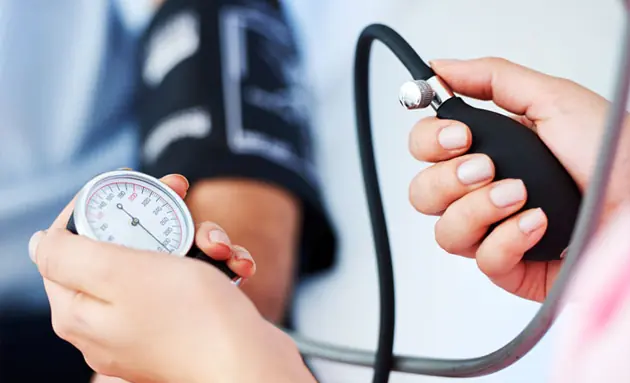
Is Lung Cancer Contagious? Can It Be Inherited? A Doctor Reveals the Truth
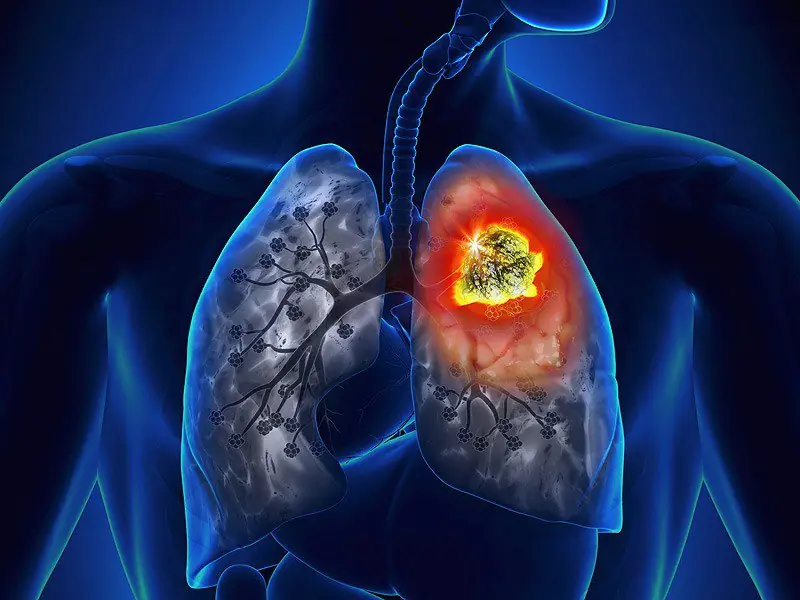
On a calm and sunny afternoon, Mr. Zhang was rushed to the hospital by his family due to a persistent cough and breathing difficulties. After a series of tests, the doctor delivered devastating news—he had lung cancer. This shocking diagnosis left his family in deep distress.
Beyond their concern for Mr. Zhang’s health, they had pressing questions:
- Can lung cancer spread to other family members?
- Are those who care for him at a higher risk of getting sick?
- If lung cancer has a genetic component, does this put his children and relatives at risk?
To clear up these concerns, let’s explore the medical facts behind lung cancer transmission and inheritance. With insights from experts, this article will provide a clearer, science-based understanding of the disease.
Is Lung Cancer Contagious? – The Truth Unveiled
Many people worry about whether lung cancer is contagious. The simple answer is: lung cancer is not an infectious disease and cannot spread from person to person.
Contagious diseases are caused by pathogens such as bacteria or viruses and are transmitted through air, physical contact, or bodily fluids. Lung cancer, however, is a malignant tumor that develops due to genetic mutations in cells. Unlike bacteria and viruses, cancer cells cannot survive outside the body or be passed from one person to another.
There is no scientific evidence to suggest that lung cancer can spread through everyday interactions, such as living with, eating with, or caring for a patient.
That said, if a lung cancer patient also has an infectious lung disease such as tuberculosis or bacterial pneumonia, those conditions can be transmitted through respiratory droplets. However, in such cases, what spreads is the infection itself—not lung cancer. If you’re caring for someone with lung cancer, it’s essential to check whether they have other contagious respiratory conditions and take necessary precautions.
Is Lung Cancer Hereditary? – Understanding the Genetic Link
Another common concern is whether lung cancer runs in families. Lung cancer is not directly inherited, but there is a genetic predisposition.
This means that having a family history of lung cancer can increase your risk because family members may share certain genetic traits that make them more susceptible to developing the disease. However, genetic predisposition does not guarantee that someone will develop lung cancer.
Lung cancer results from a combination of genetic, environmental, and lifestyle factors. Research suggests that certain gene mutations may make individuals more sensitive to cancer-causing agents, but these mutations alone do not cause cancer. Environmental triggers play a major role, including:
- Smoking – The leading cause of lung cancer.
- Exposure to harmful chemicals – Such as asbestos, radon, and industrial pollutants.
- Air pollution – Prolonged exposure to smog and secondhand smoke.
- Unhealthy lifestyle habits – Poor diet, lack of exercise, and chronic stress.
If you have a family history of lung cancer, it’s important to take preventive measures such as regular check-ups, a healthy lifestyle, and avoiding exposure to known risk factors.
How to Prevent and Manage Lung Cancer
Prevention Strategies
Prevention is the best approach to reducing the risk of lung cancer. Here are key steps you can take:
1. Quit Smoking and Limit Alcohol Consumption
Smoking is the number one cause of lung cancer, responsible for more than 80% of cases. Quitting smoking significantly lowers your risk, and avoiding secondhand smoke is just as important.
Excessive alcohol consumption has also been linked to increased cancer risk. If you drink, do so in moderation.
2. Eat a Healthy, Balanced Diet
A diet rich in fruits, vegetables, and antioxidants helps protect lung cells from damage. Avoid processed foods, excessive fats, and artificial additives, which can contribute to inflammation and cellular mutations.
3. Exercise Regularly
Physical activity improves lung function, boosts immunity, and helps maintain a healthy weight—all of which reduce the risk of cancer. Activities like brisk walking, swimming, cycling, and yoga can support lung health.
4. Minimize Exposure to Harmful Substances
If you work in environments with high levels of air pollution or toxic chemicals, such as construction or manufacturing, make sure to use protective gear and undergo regular health screenings.
5. Get Regular Health Screenings
If you are at high risk—due to a family history of lung cancer, long-term smoking, or exposure to carcinogens—schedule annual lung screenings such as chest X-rays or low-dose CT scans. Early detection greatly improves treatment outcomes.
Caring for a Loved One with Lung Cancer
If a family member has been diagnosed with lung cancer, you can support them in several ways:
1. Provide Emotional Support
A lung cancer diagnosis can be overwhelming. Offer encouragement, be a good listener, and help your loved one stay positive.
2. Ensure Proper Nutrition
Cancer treatments often cause loss of appetite and weight loss. Work with their doctor to ensure they get adequate nutrition and supplements if needed.
3. Help with Breathing Exercises
Techniques like deep breathing and diaphragmatic breathing can help patients improve lung function and manage breathing difficulties.
4. Assist with Medical Care and Follow-Ups
Ensure your loved one follows their prescribed treatment plan, attends medical appointments, and takes medications as directed.
Key Takeaways
✅ Lung cancer is not contagious – You cannot “catch” it by interacting with a patient.
✅ Lung cancer has a genetic component but is not directly inherited – A family history increases risk but does not guarantee the disease.
✅ Prevention is key – Quit smoking, eat healthily, exercise, and get regular screenings.
Take charge of your lung health today—your future depends on it! 🚀
News in the same category


A 59-Year-Old Man Ate Raw Garlic Daily for Its Antibacterial and Anti-Tumor Properties—What Happened to His Health After Six Months?

If Budget Allows, Include These Nutrient-Rich Foods in Your Diet to Boost Immunity and Maintain Health!
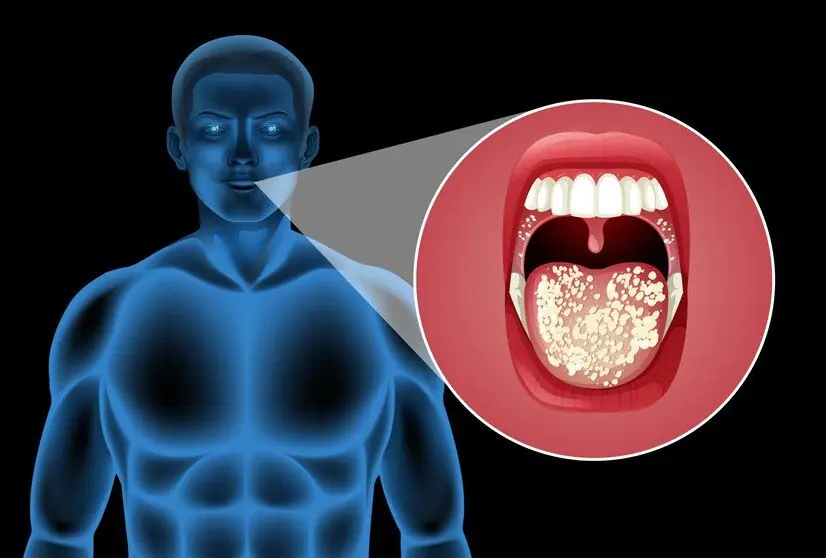
Is Oral Cancer a Result of Ignoring Symptoms? 6 Warning Signs You Shouldn’t Overlook

Is Lung Cancer Contagious? Can It Be Inherited? A Doctor Reveals the Truth
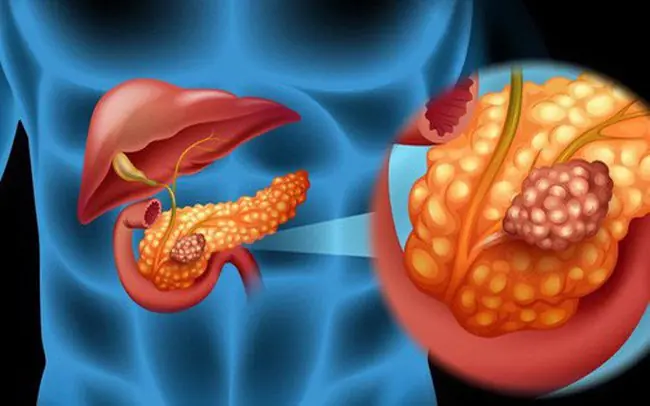
Doctor’s Warning: People Prone to Pancreatic Cancer Tend to Share These Common Traits – Here’s What You Need to Know

What Kind of Hypertension Is the Most Dangerous? Doctor’s Reminder: Pay Attention to These Three Types – Which One Do You Belong To?
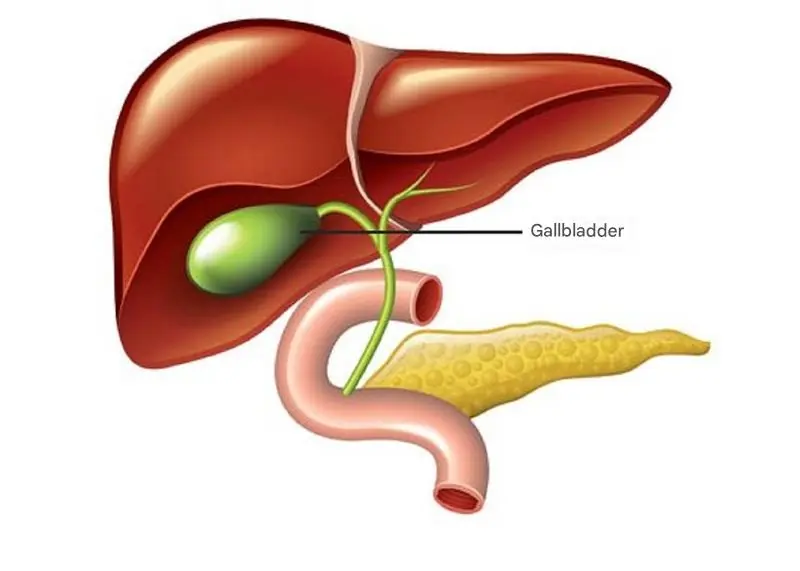
What Happens to the Body After Gallbladder Removal? 3 Diseases That May Follow – Avoid Surgery If Possible

The Habit of Eating Sweet Potatoes for Breakfast: 3 Amazing Benefits for a Healthier You!

Can Ignoring Abnormal Symptoms Lead to Oral Cancer? 6 Warning Signs That Demand Early Check-Ups

Study Reveals Rising Cancer Rates Among Gen X and Millennials Compared to Older Generations

When The Body Is Hungry Or Fasting It Starts A Process Called Autophagy Which Begins To Regenerate The Immune System

Man's Carnivore Diet Causes Strange Yellow Deposits on Skin Health

12 WARNING SIGNS OF A HEART ATTACK YOU SHOULD NOT IGNORE

Pope Francis in Critical Condition After Prolonged Respiratory Crisis: Sepsis Risk Threatens His Life

Three Types of Body Hair That Indicate Good Health in Women – The Unexpected Truth

Mulberries and Raspberries: Everyday Superfoods for Liver Health, Eye Care, and Kidney Support
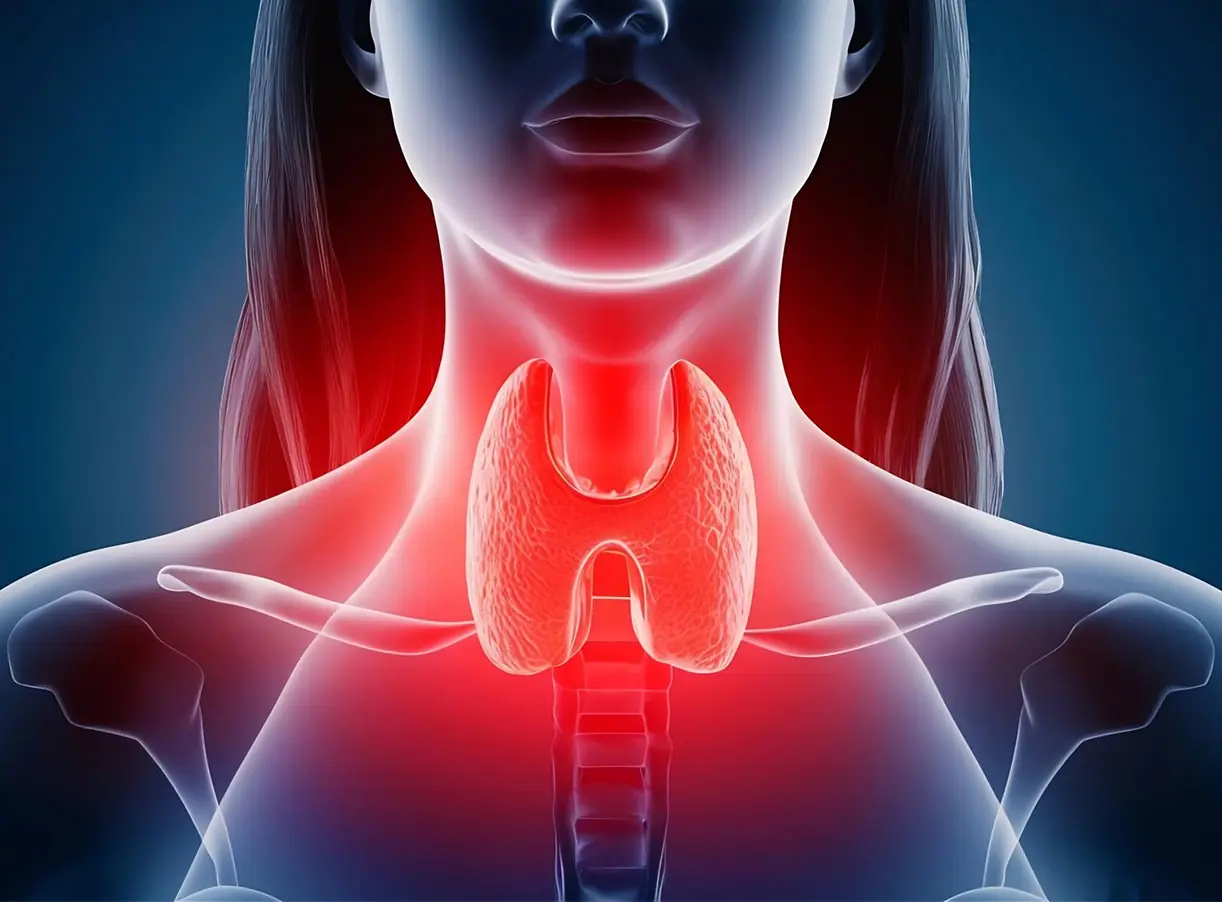
Should People with Thyroid Problems Avoid Soy? Warning: These 2 Supplements Could Accelerate Thyroid Cancer

Call to Stop Eating This – Worse for Your Bones Than MSG! Warn Your Family to Remove It from the Table
News Post

Recommended this smoothie, and one glass a day was sufficient to naturally resolve these problems.

The Real Culprit Behind High Blood Pressure Isn’t Salt – It’s This! Stop Overeating It Before It’s Too Late

A 59-Year-Old Man Ate Raw Garlic Daily for Its Antibacterial and Anti-Tumor Properties—What Happened to His Health After Six Months?

If Budget Allows, Include These Nutrient-Rich Foods in Your Diet to Boost Immunity and Maintain Health!

Doctor’s Warning: Avoid Eating Celery with These Foods – It May Harm Your Health, and Many People Don’t Know It

Is Oral Cancer a Result of Ignoring Symptoms? 6 Warning Signs You Shouldn’t Overlook

Turn Overripe Tomatoes into Flavorful Tomato Powder Instead of Waste

Dates & Papaya: A Powerful Duo for Your Health

Avocado Seeds: 7 Powerful Reasons to Stop Throwing Them Away

Say Goodbye to Flies and Cockroaches in Just One Hour with This Simple Trick!

Garlic, Honey, and Cloves – A Powerful Natural Remedy for Better Health

5 Essential Leaves to Naturally Enhance Eye Health

Doctor’s Warning: People Prone to Pancreatic Cancer Tend to Share These Common Traits – Here’s What You Need to Know

The Drink That Will Empty Hospitals in 2025 – Cures Diabetes, High Blood Pressure, and Cancer Without Medication

Blueberry Banana Smoothie – A Creamy & Nutritious Delight!

Oatmeal Blueberry Smoothie – A Creamy, Nutritious Breakfast in a Glass!

Cattails: Nature’s Hidden Treasure for Nutrition and Survival

Carrot Pineapple Smoothie – A Refreshing & Nutrient-Packed Drink!
